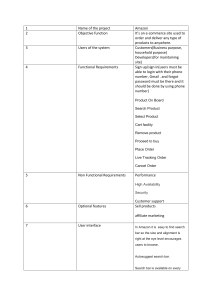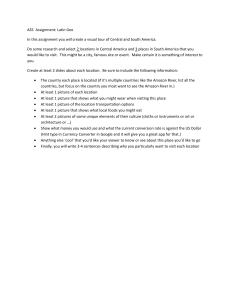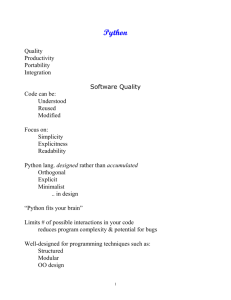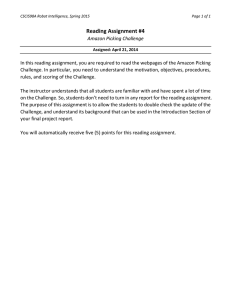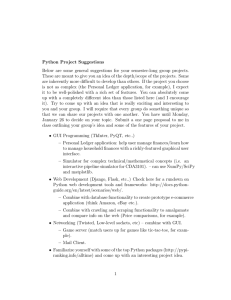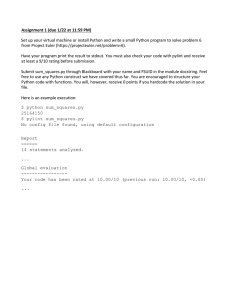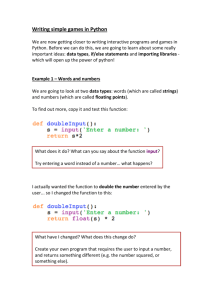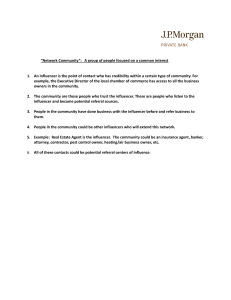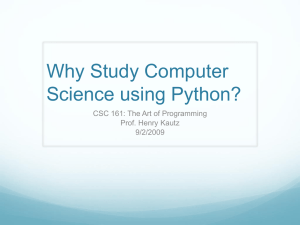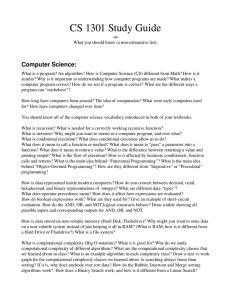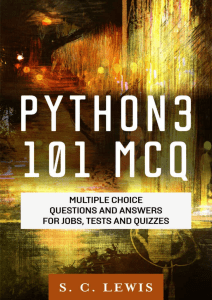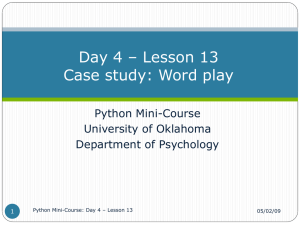The Experience of a Career in Industry as a Medical... Michelle Svatos, Ph.D. AAPM 2014 invited talk to Students
advertisement
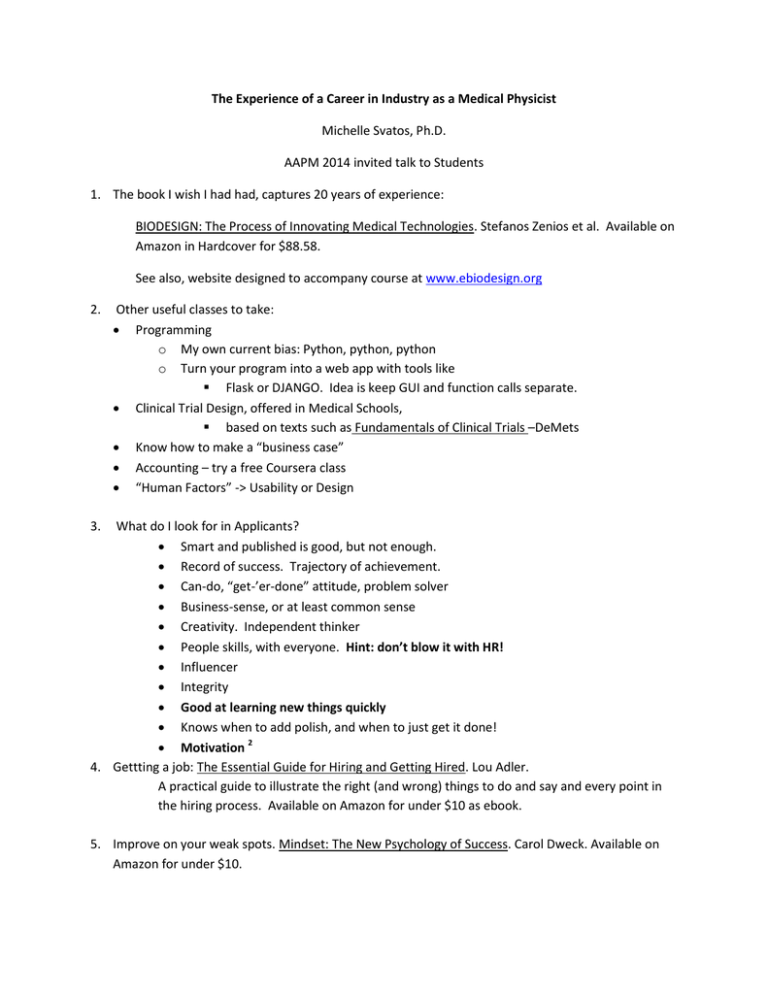
The Experience of a Career in Industry as a Medical Physicist Michelle Svatos, Ph.D. AAPM 2014 invited talk to Students 1. The book I wish I had had, captures 20 years of experience: BIODESIGN: The Process of Innovating Medical Technologies. Stefanos Zenios et al. Available on Amazon in Hardcover for $88.58. See also, website designed to accompany course at www.ebiodesign.org 2. Other useful classes to take: Programming o My own current bias: Python, python, python o Turn your program into a web app with tools like Flask or DJANGO. Idea is keep GUI and function calls separate. Clinical Trial Design, offered in Medical Schools, based on texts such as Fundamentals of Clinical Trials –DeMets Know how to make a “business case” Accounting – try a free Coursera class “Human Factors” -> Usability or Design 3. What do I look for in Applicants? Smart and published is good, but not enough. Record of success. Trajectory of achievement. Can-do, “get-’er-done” attitude, problem solver Business-sense, or at least common sense Creativity. Independent thinker People skills, with everyone. Hint: don’t blow it with HR! Influencer Integrity Good at learning new things quickly Knows when to add polish, and when to just get it done! Motivation 2 4. Gettting a job: The Essential Guide for Hiring and Getting Hired. Lou Adler. A practical guide to illustrate the right (and wrong) things to do and say and every point in the hiring process. Available on Amazon for under $10 as ebook. 5. Improve on your weak spots. Mindset: The New Psychology of Success. Carol Dweck. Available on Amazon for under $10. There’s a “hack” for everything, including public speaking and getting along with others. Learn to excel in more than science, since you’ve done plenty of that up to this point! It will make a powerful influencer and much more effective at everything you do! You mind is plastic and capable of learning any skillset. 6. Manage your ideas. Record and Map your thoughts! FreeMind is one such tool, from SourceForge.net Maintain your personal, searchable “Knowledge Base” i. Notes on important journal articles ii. Meeting notes, monthly progress reports iii. Research, business and project ideas iv. IP record Ideas pop up in different forms over time. Everything old becomes new again. Seeing patterns gives you insight! 7. Know your Personality Type Life is a group activity, play well with others. Especially for teamwork in industry! Myers-Briggs is one such test i. Mine: ENTP ii. Most of corporate world: ESTJ or ISTJ Use this knowledge to adapt your natural style & bridge the gaps with others People who excel at leadership do this automatically, but anyone can learn 2. Other ideas Journal groups i. Learn how to critique other people’s work ii. Learn how to have constructive discussions iii. Best when the stakes are low! Eg, other people’s work iv. Get in the habit of asking neutral, clarifying questions v. Learn how other people’s minds work Toastmasters or speech class. Yes, I know this is going to be unpopular. But it will help you. i. Get comfortable speaking in groups ii. Not natural for anyone, but like all skills, it gets easier with practice! iii. You don’t want to be learning when something huge is on the line! Seek feedback on your job skills. Find people you trust. Know they are doing you a favor. It might hurt a little, but it makes you better from that point forward. Consider becoming a “Maker” of something. Any craft or hobby can lead to this. i. See Maker: The New Industrial Revolution. Chris Anderson (former editor of Wired Magazine.) Discusses 3D printing, CNC milling, and small scale production. ii. Or Make Magazine. iii. Making things gives you small slice of experience in all functions companies need to do on a larger scale!
